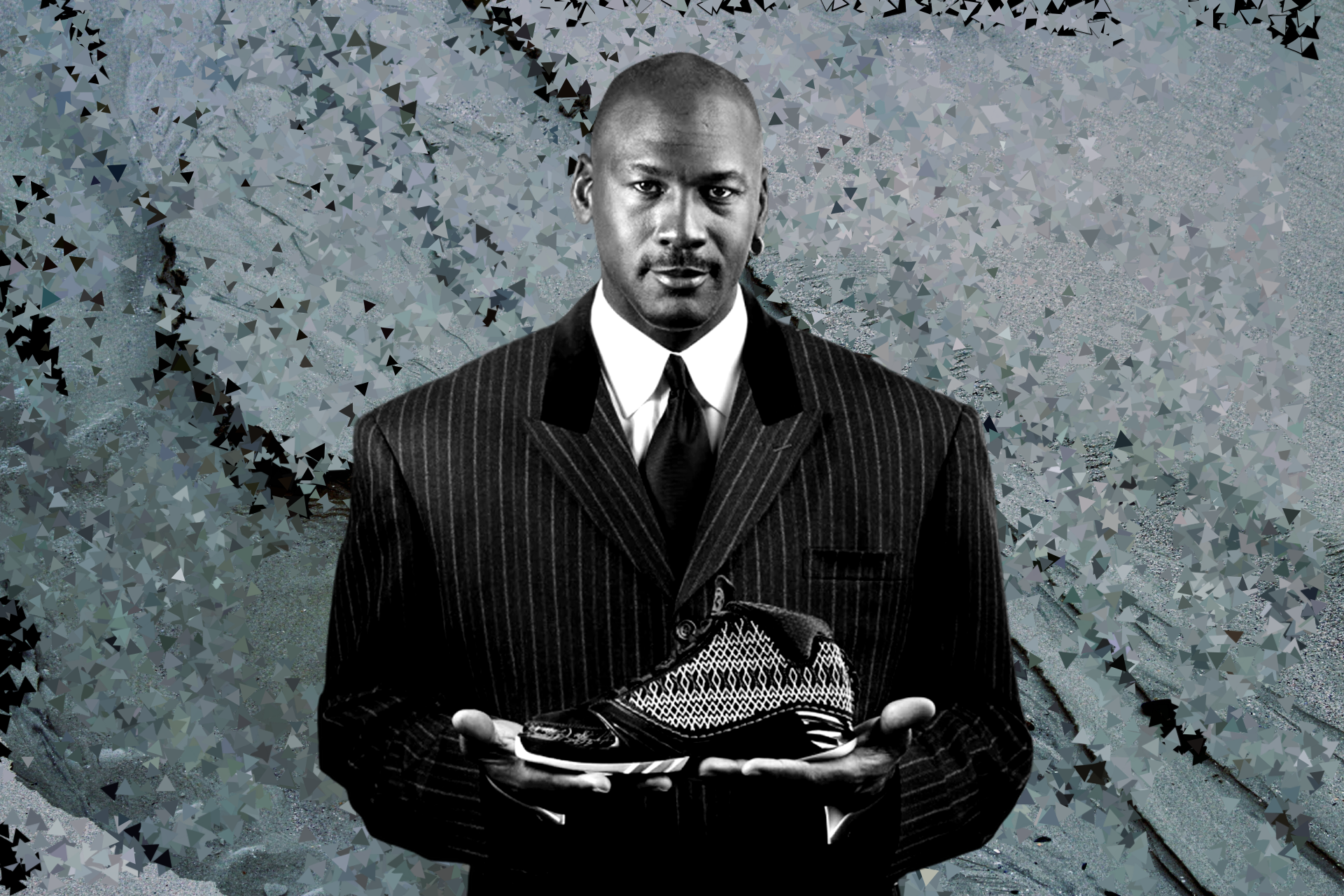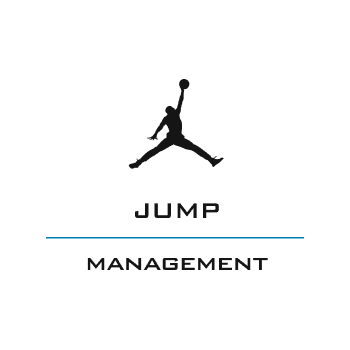
Michael Jordan’s Family Office: Wealth, Control, and Legacy
Michael Jordan’s transition from basketball icon to billionaire investor is no accident. It’s the result of careful planning, long-term thinking, and an almost fanatical level of control over his brand, business decisions, and capital deployment.
Over time, Jordan has built a wealth architecture that reflects the same traits that defined his playing career: focus, control, and competitive edge. From early royalty deals to equity-driven decisions, his financial evolution has been methodical, anchored by trust in a small circle and a refusal to chase trends.

Jordan’s approach to wealth mirrors his approach to competition: disciplined, focused, and built for longevity. His financial playbook is rooted not in volume, but in alignment and timing.
About the Company

Jump Management
- Location Jupiter, Florida, United States
- Type Single Family Office
- Founded 2000s
- Services Private investments, brand management, estate planning, philanthropy
Built on Identity, Not Hype
Michael Jordan’s rise from global athlete to billionaire investor wasn’t powered by noise or exposure. It was driven by control, over his image, his capital, and his pace. While many athletes venture into business with a flurry of partnerships and press, Jordan has done the opposite. His financial moves have been deliberate, often private, and always aligned with his core values.
At the centre of this approach is a simple philosophy: identity matters more than diversification. Jordan hasn’t sought to back every trend or chase rapid growth. Instead, he’s treated his wealth like his career, focused, competitive, and intentional. His family office, Jump Management, reflects this ethos. It’s not just a holding structure; it’s a shield and a filter, ensuring that every deal, exit, or philanthropic move supports a cohesive long-term vision.
Whether it’s taking a stake in an esports company or quietly backing a fintech platform, Jordan doesn’t move unless the opportunity fits his brand and ambition. And when he exits, like he did with the Charlotte Hornets, it’s on his terms, at a valuation that reinforces the power of patience and timing.
The Turning Point: From Salary to Structure
Over 15 NBA seasons, Jordan earned just over $93 million in salary, a figure that seems modest compared to today’s contracts. But the real inflection point wasn’t what he earned on the court. It was what he negotiated off of it.
In 1984, Jordan signed with Nike and secured a royalty model tied to the performance of a new line of shoes bearing his name. That decision would ultimately generate hundreds of millions annually and position him as more than an endorser; it made him a stakeholder. The Air Jordan brand, now worth billions, became a recurring revenue engine that gave him both independence and leverage.
That model of equity over earnings became the foundation for everything that followed. It allowed Jordan to be selective. He didn’t need to take every deal. He could wait for the right ones, and structure them with long-term upside in mind. The shift from athlete to architect began with that first royalty clause. The rest was about scaling it without diluting control.
Inside Jump Management
To manage his growing empire, Jordan set up Jump Management, a single family office based in Florida. It’s led by longtime advisor Curtis Polk, a figure who has helped shape Jordan’s business trajectory for more than three decades. Together, they’ve built a structure that avoids the pitfalls of overexposure and overengineering.
Jump Management is lean. It doesn’t operate like a traditional firm with sprawling teams and layered committees. Instead, it runs through deep trust, institutional knowledge, and a tight operating model. It handles investment diligence, estate planning, tax structuring, legal oversight, and philanthropic execution, all under the umbrella of discretion.
This model isn’t about efficiency in the corporate sense. It’s about alignment. There are no external stakeholders, no board politics, no headline-chasing. The team is small because the decisions are personal. In the world of family offices, where governance can become a theatre of complexity, Jordan’s setup is striking in its clarity.
Strategic Moves, Long-Term Plays
Jordan’s portfolio isn’t built on volume. It’s built on conviction. His investment in AXiomatic Gaming, the parent of Team Liquid, wasn’t just a play on esports growth; it was a signal that he saw competitive culture evolving. Similarly, his stake in Vanilla, a fintech platform focused on estate planning, reflected an interest in the infrastructure behind wealth, not just the front-facing innovation.
Then came the Hornets exit. After buying a majority stake in the Charlotte Hornets in 2010, Jordan sold it in 2023 at a valuation of $3 billion, retaining a minority interest. It was one of the most profitable team ownership stories in modern sports. But more than that, it was a masterclass in value creation: buy low, build brand equity, exit when the market peaks.
These deals aren’t about diversification. They’re about strategic fit. Jordan invests when the timing, alignment, and structure feel right, not when a market trend demands it. His capital moves slowly, but decisively.
Legacy Through Philanthropy
If investing is where Jordan builds wealth, philanthropy is where he defines legacy. Over the past five years, he’s committed more than $100 million to racial justice, healthcare access, education, and community-led initiatives. These aren’t one-off donations. They’re part of a longer arc of responsibility, executed through vehicles that ensure scale and sustainability.
What’s notable is that, like his investments, his giving is quiet and focused. No foundations chasing headlines. No sprawling grantmaking portfolios. Just targeted commitments, delivered through trusted partners and structured for real-world impact.
Jump Management plays a role here too, coordinating philanthropic flows and ensuring they complement, not compete with, Jordan’s broader vision. For Jordan, wealth isn’t just about growth. It’s about design. And that design extends from portfolio to purpose.
What Family Offices Can Learn
Michael Jordan’s approach to wealth isn’t about access or celebrity, it’s about clarity. His model is a reminder that long-term success comes not from complexity, but from staying anchored to what matters: identity, alignment, and control.
For family offices, the lesson is simple. Invest where you have insight. Move at your own pace. Build structures that reflect your values, not someone else’s expectations. Whether it’s a family legacy or a global brand, enduring wealth demands more than just capital. It demands conviction.
Jordan’s greatest strength wasn’t just how he played; it was knowing when not to. His family office is built on the same principle.
What is Michael Jordan’s current net worth?
As of 2025, Jordan’s net worth is estimated at $3.5 billion, primarily driven by royalties, strategic exits, and brand-aligned private investments.
Does Michael Jordan have a family office?
Yes, it’s called Jump Management, based in Florida. It operates as a lean, private single family office led by longtime advisor Curtis Polk.
What are some of Michael Jordan’s key investments?
Notable investments include AXiomatic Gaming (esports), Vanilla (fintech/estate planning), and a long history of equity-aligned brand partnerships like Nike and Gatorade.
Why did Michael Jordan sell the Charlotte Hornets?
He sold his majority stake in 2023 at a peak valuation of $3 billion. The move was widely seen as a strategic reallocation of capital, not a retreat from ownership.
What can family offices learn from Jordan’s approach?
His model reinforces the power of patience, alignment, and privacy. It shows how clear values, trusted governance, and intentional investing create enduring wealth.
Further Reading

Peter Thiel’s capital stack: A contrarian view for family offices
LeadershipPeter Thiel is one of Silicon Valley’s most influential and polarising figures. A billionaire investor, PayPal co-founder, and early Facebook backer, he is also the driving force behind Palantir and Founders Fund. Known for his contrarian worldview and libertarian ideology, Thiel has built a layered approach to managing his wealth. His method blends operating companies, […]

From fragmentation to focus: A $200M portfolio transformation
Technology StacksA UK-based multi-generational single-family office managing over $200 million faced challenges managing its complex portfolio spread across multiple continents and assets. As their sophisticated investments exceeded the limits of their operational infrastructure, they partnered with IQ-EQ to develop a tailored solution. This case study outlines how IQ-EQ helped them shift from a reactive to a […]

The hidden drains on family office portfolios and how to stop them
Listed Stocks & BondsWhen Greenlock started working with funds, a single-family office client asked them to audit their structure. At first, everything looked standard — until they stumbled upon a curious share class. The minimum investment was just $10k, designed for plain-vanilla retail investors with the highest regulatory protection and enormous embedded retrocessions. Clearly, it was not a […]

Larry Ellison: The unconventional billionaire and his family office
LeadershipLawrence Joseph Ellison is one of the world’s most enigmatic billionaires. As a two-time college dropout and a personal friend of the late Steve Jobs and Elon Musk, he has built a reputation for his bold, unconventional approaches to business and lifestyle. As the founder and former CEO of Oracle Corporation, he has chartered a […]